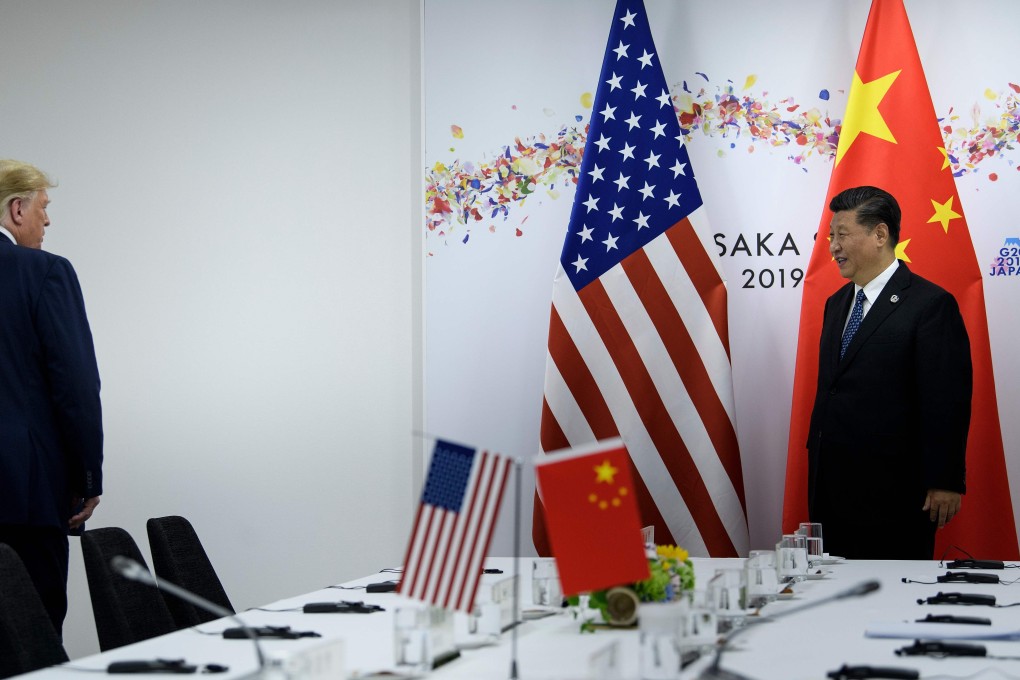‘China hasn’t won, but it hasn’t lost either’ as trade talks with US enter new stage
- Meeting between Xi Jinping and Donald Trump in Osaka helped to ease tensions, but response in Beijing has been cautious
- They agreed to a truce and to restart negotiations, though differences remain

After US President Donald Trump declared trade talks with Beijing were “right back on track” China has some cause for optimism – but the outcome is far from a win, according to analysts.
And in return, China agreed only to buy an unspecified amount of US goods to reduce the trade deficit. Other demands previously made by Washington – including for Beijing to reduce industrial subsidies and for a mechanism to monitor progress on its promises – were not mentioned in statements on the talks.
Afterwards, when asked whether the agreement was lopsided in China’s favour, Trump said only that companies were “very upset” about not being able to sell to Huawei, and it involved a “tremendous amount of products”.
In Beijing, the response to the talks has been cautious – state media and diplomatic observers say an escalation in the trade war has been avoided but they are not claiming it as a victory.